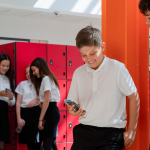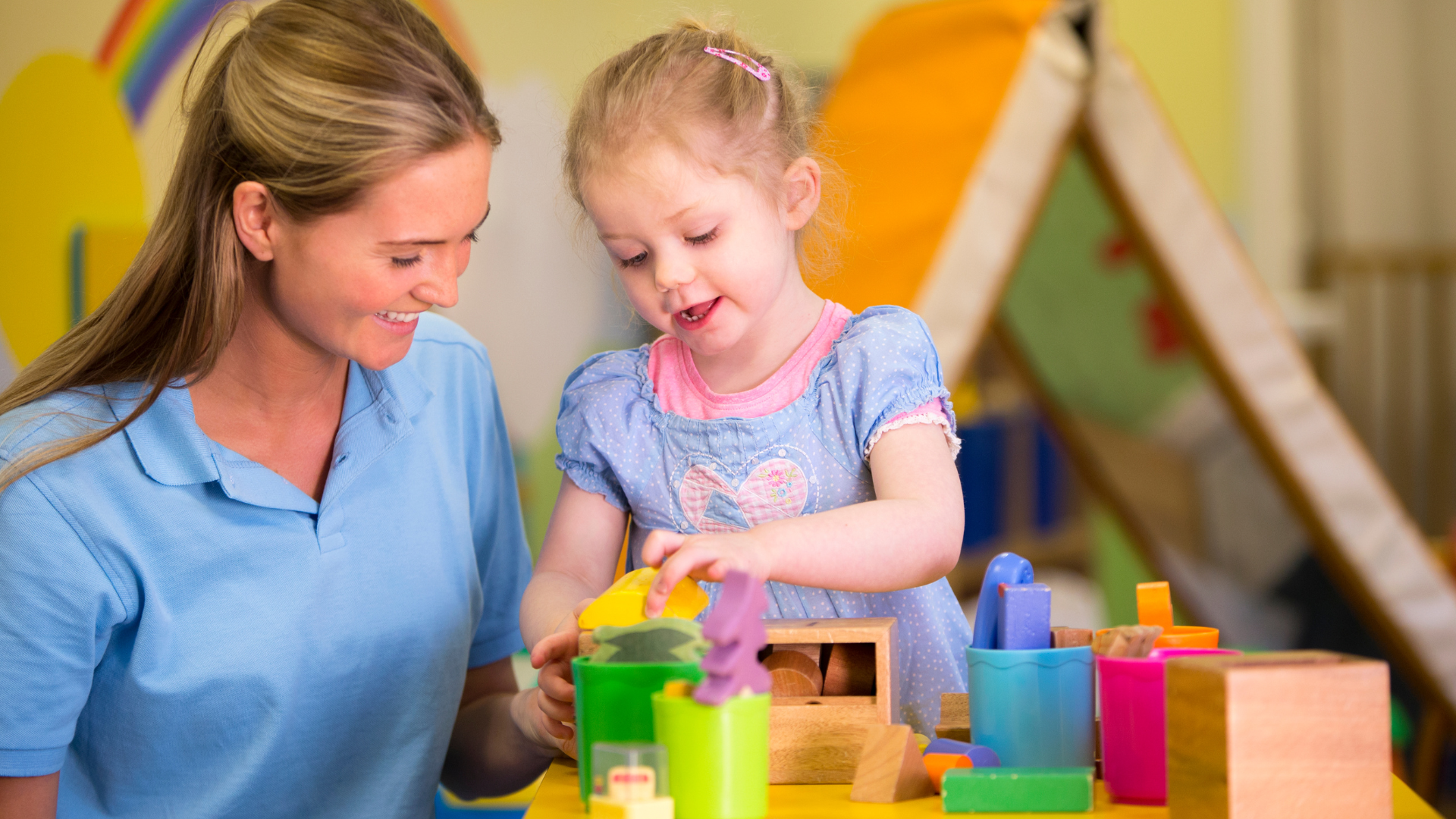Phone-free School Day Pilot Scheme
A new high-tech solution to the age-old problem of pupil distraction has been introduced in a number of schools as the new term begins.
Education Minister Paul Givan recently announced a phone-free pilot to examine the benefits of restricting the use of mobile phones during the school day. He has committed £250,000 to enable 8,000 young people from nine schools across Northern Ireland to take part, and says that when the pilot scheme ends he will assess the evidence to check if it has been beneficial for schools and students.
Students will have a pocket-sized fabric pouch with a magnetic latch that is sealed at the beginning of the school day and opened using a special unlocking base.
Mobile phone restriction is not new as schools already have the power to ban phones. Research from the UK Children’s Commissioner shows that 99.8% of primary schools and 90% of secondary schools already have policies restricting the use of mobile phones. However Magnetic pouches work by locking the phone inside a fabric pocket which only a teacher would be able to unlock. Some schools in the UK already use the system where phones are locked in pouches on arrival at school, which are carried around by the student.
The issue garnered support from high-profile figures including Kate Winslet, as the mother of murdered teenager Brianna Ghey has written to the government to call for a statutory ban on phones in schools.
Smartphone Free Childhood Regional Co-Leader for Northern Ireland Rosalind McClean welcomes any steps secondary schools take in introducing measures to become fully smartphone free from bell-to-bell. She is pleased that approximately one quarter of secondary schools registered an expression of interest in the pilot.
St Ronan’s College in Lurgan is participating and Mrs Kane, the Principal is looking forward to working with the Department of Education to evaluate the benefits this approach can bring to the school community.
The Education Minister believes that by restricting the use of mobile phones during the school day, pupils will be able to better concentrate, engage and learn, as well as enjoying ‘phone-free’ break and lunchtimes which would enable them to participate in sports and socialise with their friends. He plans to hear feedback from those involved, evaluate the results and hopes that the pilot will help inform future policy decisions.






